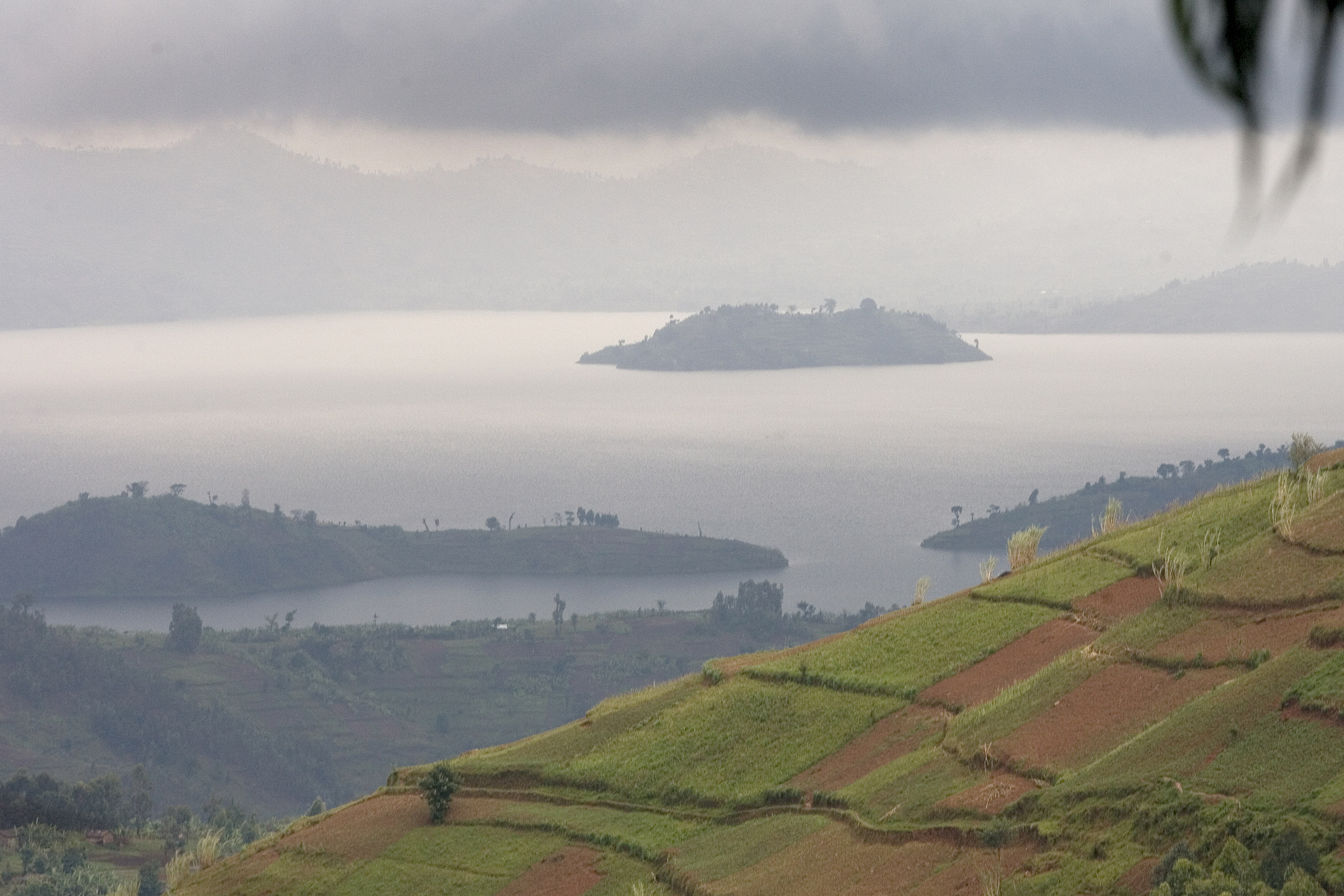
Our mission
Growing global concerns over food security and environmental degradation have thrown the spotlight on agricultural issues. Agriculture is undergoing rapid transformation and there is currently insufficient knowledge on the drivers, scope and consequences of the changes we are seeing. To plug this knowledge gap, WAW is developing a platform of products and services that will help to create a responsive network of observatories, regional institutions and technical partners and support them in their efforts to bring further understanding of rural transformation to agricultural policy.
The platform of services is based on a common methodological framework and a synchronized approach to assessing and comparing rural transformation, joint resource mobilization and capacity development. It aims to enhance the monitoring capacity of participating national institutions and observatories, establish network exchanges (including South-South cooperation and face-to-face technical meetings) and increase awareness by enhancing and sharing work through common publications, an online presence and informational events.
Agricultural transformation is not following a natural, universal path.
Structural transformation studies paint us an empirical picture of the major shifts in agriculture brought about by past changes in public policy. The evolution and modernization of agriculture to the high-efficiency food-system model we have today has come at a cost, however, with detrimental effects spanning environmental degradation, damaged health and imbalanced land development. It has also led to a decline in agricultural employment.
Future agricultural transformation needs to be shaped by policies that better address crucial issues such as labour and job creation, which add value through decentralized processing and which are based on an alternative technical model better able to cope with environmental and quality issues. This will require significant investment at farm level, as well as in infrastructure and related businesses.

Our vision
WAW’s proposed framework helps to define farm categories based on the type of labour employed and the assets used to produce farm output.
The objective of our farm typing is to find an inclusive way of targeting policy and investment at different agricultural operations, paying particular attention to family farming.
Inclusivity means looking at all types of farm, irrespective of size, and designing investment instruments that can be adapted to existing assets, which target both an increase in food security at household level and an increase in income through improved market access.
WAW also considers the need for integrated policies that combine support for the farm and the people who live on it, through social-protection measures and public policies to provide basic goods and services.
The WAW framework aims to bridge three main divides:
- Small-scale versus large-scale agriculture – there should be investment options available for all types of farm, irrespective of size;
- Subsistence farming versus commercial farming – recognizing the fact for the most farms, both are present and self-enforcing;
- Social policies for the poor and investment policies solely for the better off – a division that cannot work long term.

